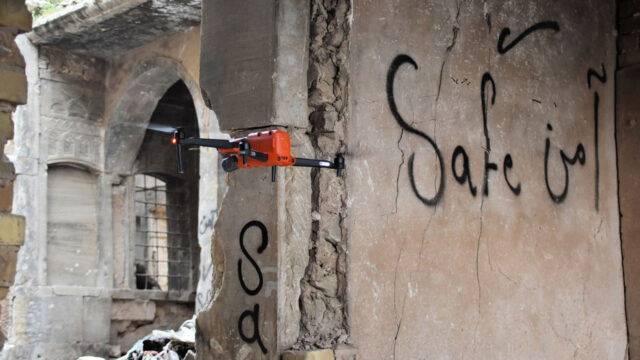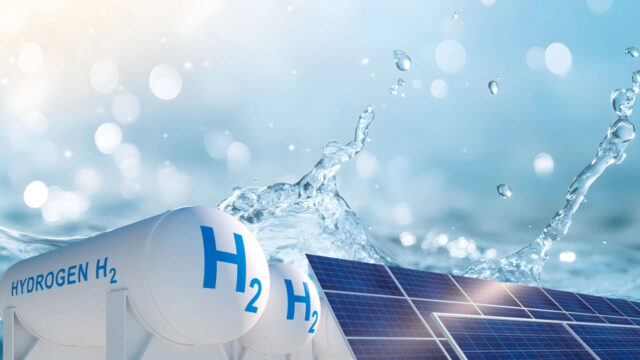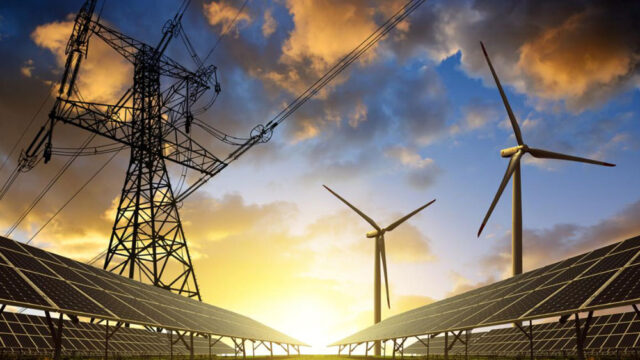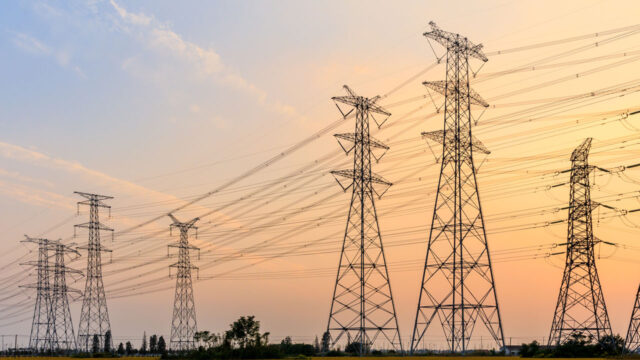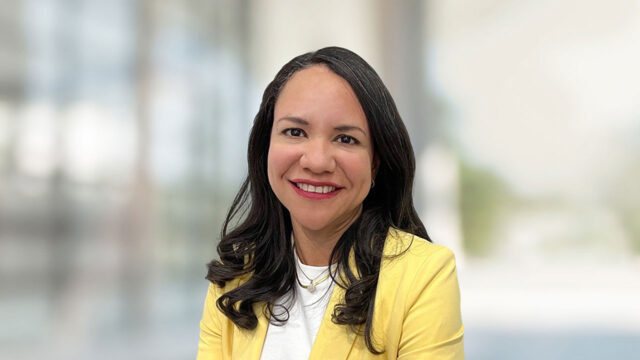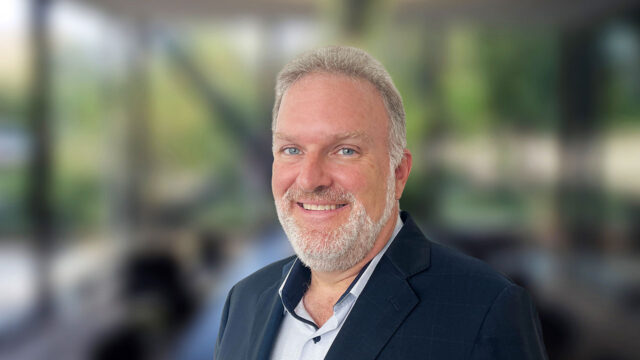International Development News & Insights
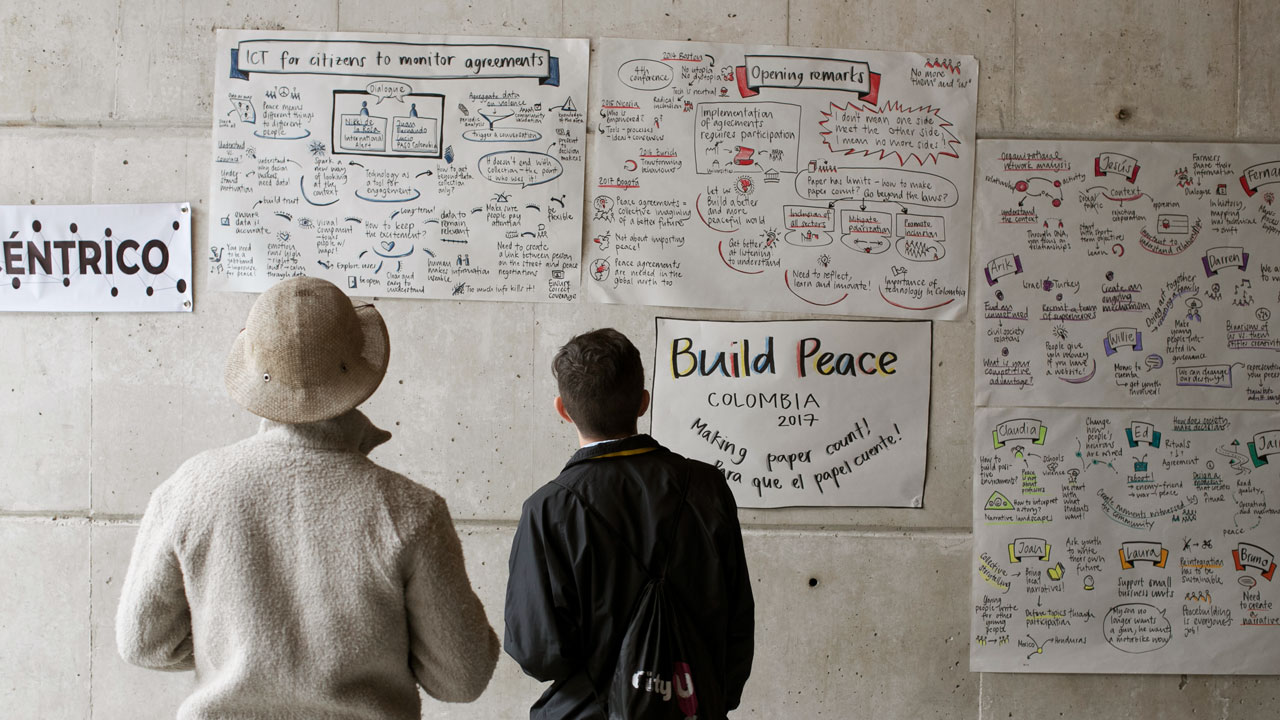
Our interdisciplinary teams of professionals bring decades of experience delivering innovative, practical, and sustainable development solutions in more than 100 countries around the world.
Our featured international development insights
Our stories
Our project teams around the world are creating positive impact each day through local partnerships, community empowerment, and inclusive development approaches.
Our international development insights
Connect with us. Reach out to our international development experts.
Create a future with us
Our people around the world are supporting our mission and vision for a sustainable world. Join us today.


